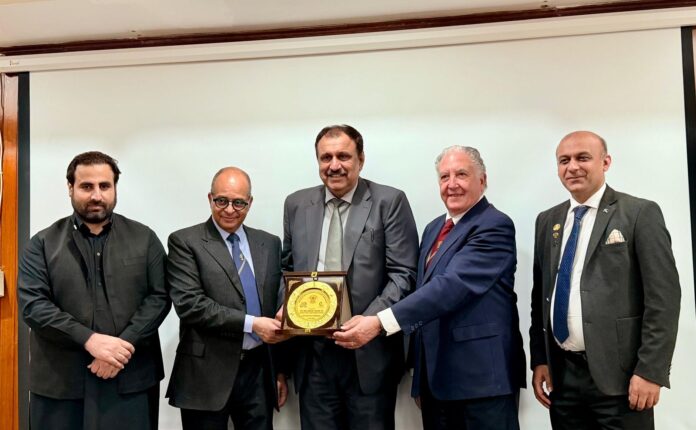Metabolic diseases consist of a wide variety of conditions that affect the body’s ability to process and convert food into energy.
These disorders disrupt normal metabolism, the complex set of chemical reactions that sustain life and allow for growth, repair, and reproduction.
Metabolism involves breaking down nutrients from food to produce energy and build and repair our bodies. When this fine-tuned system goes awry, metabolic diseases can occur.
One of the most common metabolic disorders worldwide is diabetes, especially type 2 diabetes mellitus (T2DM), which is characterized by insulin resistance or insufficient insulin production. Other examples include obesity, Gaucher disease, phenylketonuria (PKU), medium-chain acyl-CoA dehydrogenase deficiency (MCADD), maple syrup urine disease (MSUD), and hemochromatosis.
These conditions can present with various symptoms such as fatigue, weight fluctuations and nausea.
In India, metabolic diseases represent a significant health threat due to their increasing incidence and the burden they pose to public health systems.
Studies suggest that the age-adjusted prevalence of metabolic syndrome—a cluster of conditions including abdominal obesity, high blood pressure, impaired fasting glucose, high triglycerides, and low HDL cholesterol—is approximately 25% in the urban Indian population.
This syndrome significantly increases the risk of developing heart disease, stroke and diabetes.
Dr Vikramjeet Singh, Principal Consultant, Internal Medicine, Aakash Healthcare, New Delhi, told IndiaToday. In, “The cause of metabolic disease is not always clear as it can stem from various factors.
Lifestyle choices, including diet and physical activity, play an important role in their development. Genetics also play a significant role in how our body processes energy. In addition, organ problems are also a factor.”
How to prevent metabolic diseases?
As coronary heart disease and type 2 diabetes are among the leading causes of death in India, addressing metabolic syndrome becomes critical to reducing the mortality associated with these conditions.
To combat the menace of metabolic diseases, India needs to prioritize public health interventions that promote physical activity, healthy eating habits and regular health check-ups to identify and manage these conditions early.
Dr. Vikramjeet suggested, “To prevent them, we need to maintain a very healthy diet. We need to maintain our body weight, no alcohol and avoid smoking. Insulin or thyroid medication should also be considered.”
The expert added that not getting enough “restorative sleep,” which is important for regulating how well your body absorbs nutrients from food, may increase your risk of developing metabolic syndrome.







